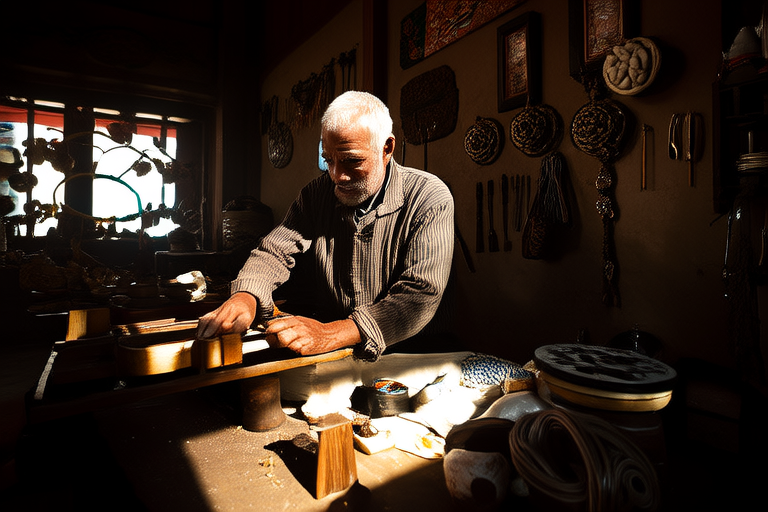Diving into Local Life: Discovering Cultural Customs

Diving into Local Life: Discovering Cultural Customs
Introduction
Travel is more than just visiting new places; it’s about experiencing different ways of life. Immersing yourself in local culture allows you to gain deeper insights into the communities you visit, fostering connections that go beyond surface-level interactions. By engaging respectfully with local customs and traditions, travelers can enrich their experiences and contribute positively to the places they visit.
Understanding and respecting cultural customs is crucial for meaningful travel. It helps break down barriers and builds bridges between people from diverse backgrounds. This article will guide you on how to dive into local life, offering practical tips and examples from various parts of the world.
Understanding Cultural Etiquette
Before diving into a new culture, take time to understand its unique etiquettes. Every region has its own set of rules and norms, which may differ significantly from what you’re used to. For instance, in Japan, bowing is a common greeting, while in many Middle Eastern countries, it’s customary to shake hands.
Learning these nuances shows respect and can help avoid misunderstandings. In Thailand, for example, the wai (a gesture involving placing your hands together in prayer-like fashion) is used to greet others, express gratitude, or apologize. Similarly, in India, removing your shoes before entering someone’s home or a temple is a sign of respect.
Another important aspect of cultural etiquette is dining. In some countries, eating with your left hand is considered impolite because it’s traditionally associated with personal hygiene. In Ethiopia, communal meals are common, and guests are expected to eat from the same plate using injera, a flatbread used as utensil.
Engaging with Local Communities
To truly connect with local communities, engage in activities that allow you to interact with them on a personal level. Participating in local festivals and events is one way to do this. In Brazil, attending a Carnival parade provides insight into the vibrant Brazilian culture, while in Spain, celebrating La Tomatina offers a fun and immersive experience.
Food is another excellent entry point for connecting with locals. Join cooking classes or visit local markets to learn about traditional dishes and ingredients. In Italy, sampling fresh pasta at a family-owned trattoria can be an unforgettable experience. In Mexico, visiting a taqueria to try authentic tacos gives you a taste of everyday life.
Language barriers shouldn’t prevent you from interacting. Simple phrases like ‘hello’, ‘thank you’, and ‘goodbye’ in the local language can make a big difference. In Morocco, saying ‘Salam’ (peace) when meeting someone can foster immediate rapport.
Respecting Local Traditions
One of the most important aspects of respectful travel is showing deference to religious and cultural practices. Many regions have strict dress codes, especially in places of worship. In Saudi Arabia, women must cover their heads and wear loose clothing that covers their bodies. In Iran, both men and women are required to dress modestly.
It’s also essential to be mindful of sacred spaces. In Jerusalem, visitors should be aware of the sensitivities surrounding the Temple Mount and follow guidelines set by authorities. In Nepal, during the Dashain festival, it’s customary to receive tika (a red mark) on your forehead from elders as a blessing.
Additionally, be considerate of local customs regarding photography. Some communities may not want their photos taken without permission. Always ask first, and if someone declines, respect their wishes.
Conclusion
In summary, diving into local life involves more than just sightseeing; it requires an openness to learning and respecting different cultures. By understanding cultural etiquette, engaging with local communities, and showing respect for traditions, travelers can create richer, more meaningful experiences.
Approach your travels with curiosity and a willingness to learn. Each interaction offers an opportunity to broaden your perspective and build lasting connections. Remember, every traveler has the power to leave a positive impact on the places they visit. Let’s embrace our shared humanity and celebrate the diversity of our world.